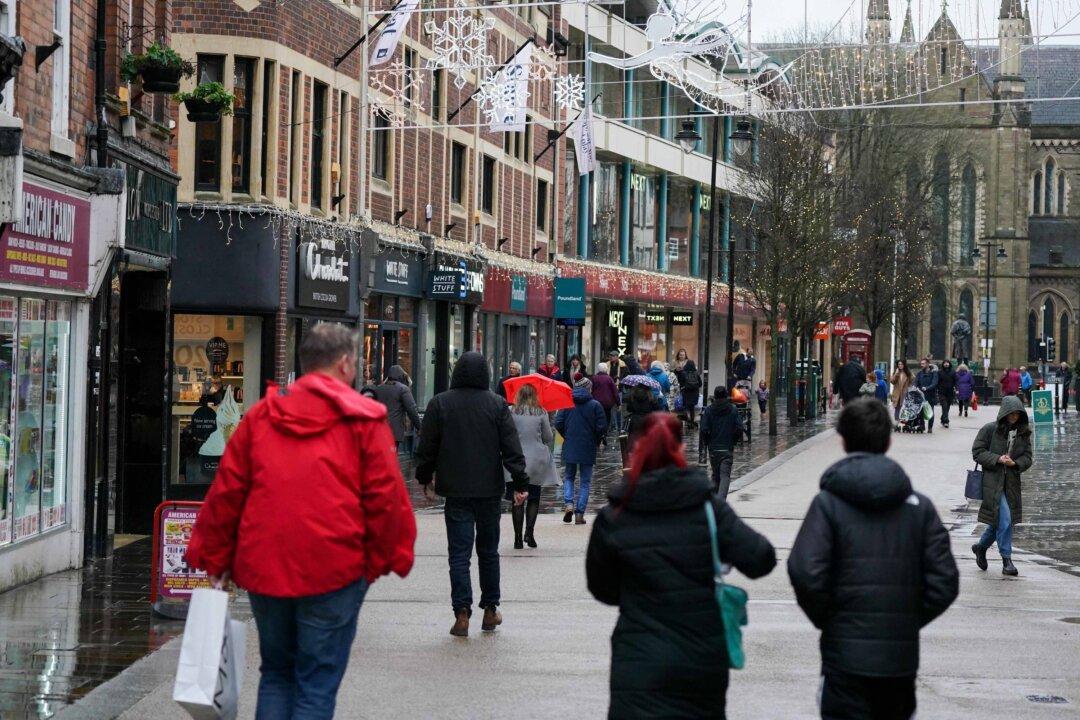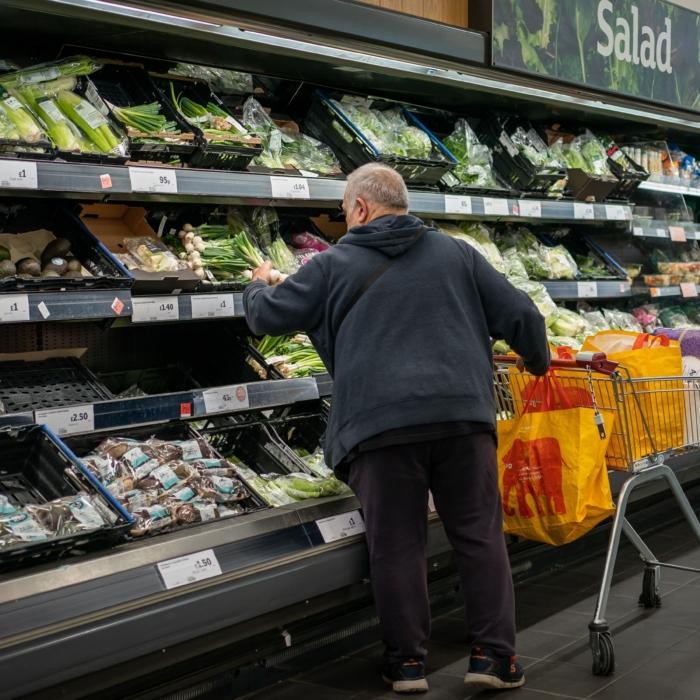A back-to-school boost for retail sales has contributed to the sector’s strongest growth in six months, with household budgets slightly less constrained compared to last year, new figures suggest.
September saw Britons rushing to update their wardrobes with coats and boots, as well as clothing for the new academic year. This contributed a surge in total retail sales by 2.0 percent on the year, according to data by the British Retail Consortium (BRC).
Sales growth was slightly lower than in the same period last year (2.7 percent), but above the 12-month average growth of 1.1 percent.
The cold and wet September weather sped up purchases of seasonal clothing. Britons returning from summer holidays shopped for “extra layers and wet weather gear,” said UK head of consumer, retail, and leisure at KPMG, Linda Ellett.
“Children’s clothing, footwear and accessories saw a boost from the start of the school year, with household budgets feeling slightly less constrained for some parents compared to last year,” she added.
Both food and non-food sales recorded a year-on-year growth in September. However, while food sales showed a 3.1 percent annual increase over the three months to September, non-food sales were down by 0.3 percent.
All Eyes on the Budget
The BRC Chief Executive Helen Dickinson said that while the retail sector performed better than expected, recording a last-minute rush for computers and clothing for the new academic year, consumers held off on large purchases.“Ongoing concerns of consumers about the financial outlook kept demand low for big ticket items such as furniture and white goods,” she said.
“All eyes now turn to the budget and what impact that will have on household discretionary spending in the final quarter of the year,” said Ellett.
Retailers are “holding their breath” ahead of the Autumn Statement, which comes at a crucial “golden quarter” period for the sector, said Dickinson. It marks great sales spikes in last few months before Christmas.
Investment Capacity
With cost-of-living concerns “front and centre in shoppers’ minds,” weak consumer confidence, and the high burden of business rates, retailers remain limited in how much they can invest.Dickinson called on the government to introduce a 20 percent Retail Rates Corrector—an adjustment in business rates paid on retail properties—to help drive investment across the country.
Over 70 retail CEOs have written to Reeves, calling for the introduction of the corrector.
They said that a 20 percent adjustment will redress the imbalance, where the retail sector pays 7.4 percent of all business taxes, a share 1.5 times greater than its share of the overall economy.







